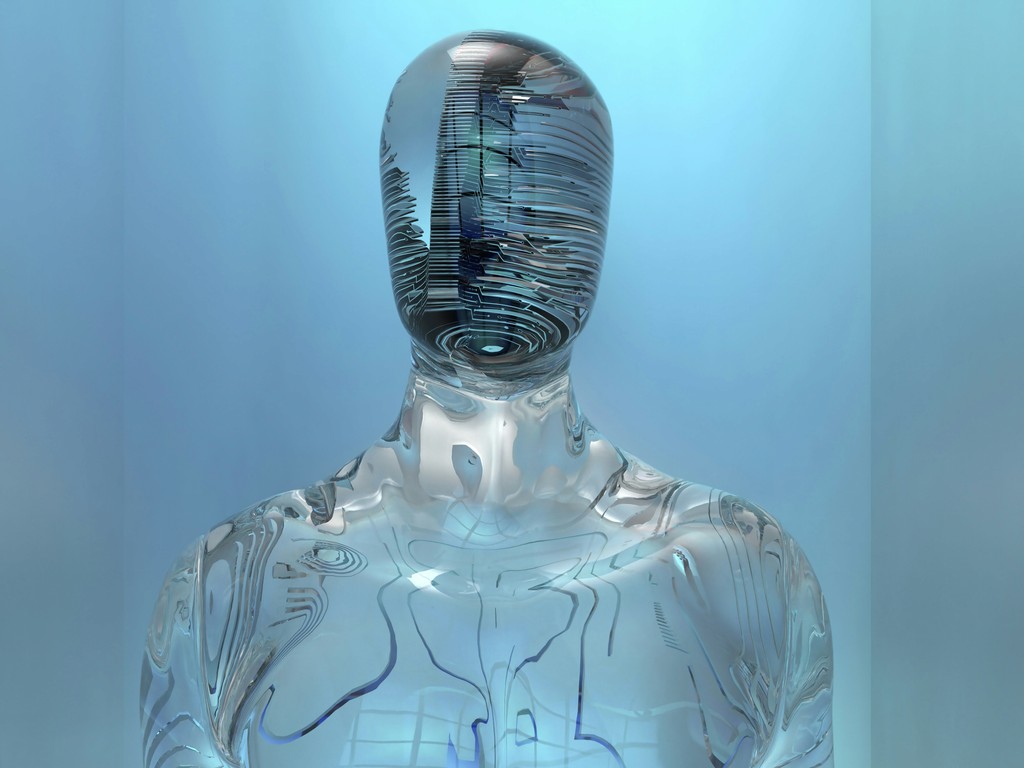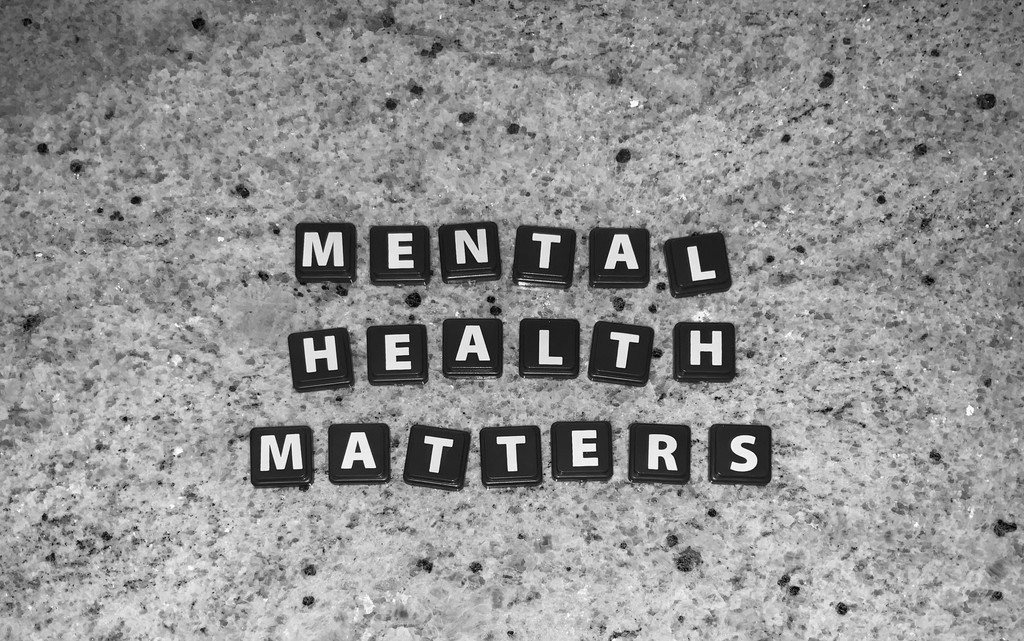
Ryan
Feb 10, 2024
Memories and Mental Health: Can AI Help Us Manage Trauma and PTSD?
Recollections are the foundation of our personality and our behavior in society. But for the traumatized populations with the diagnosis of Post-Traumatic Stress Disorder (PTSD), memories are a two-sided coin.
It is easy to remember past traumas and get easily scared, experience panic attacks, and fear every moment of life. However, there is new hope in the form of Artificial Intelligence (AI), which can potentially assist in the treatment and management of these disorders and enable people to regain control over their memory.
The Scars of Trauma: The Effects on Memory and Mental Health
Trauma is an experience that changes an individual's life and imprints personal and psychological wounds. Disaster situations evoke the organism's fight-or-flight response, releasing stress hormones into the brain.
Such occurrences can be stored in personal memory with extraordinary emotional vividness, rendering them hard to handle and assimilate into the life story.
This can lead to a range of symptoms associated with PTSD, including:
Intrusive memories
Recollections, images, and thoughts of the traumatic incident that were unwanted and intrusive.
Avoidance
I am staying away from cues, which are persons, things, and events that can quickly bring back memories of the trauma.
Hypervigilance
Being in a state of alert and being vigilant for threats.
Negative thoughts and emotions
Emotions such as fear, guilt, shame, or anger.

The Limitations of Traditional Treatments: Looking for a Broader Perspective
There are also the conventional remedies that have been used in treating PTSD and have been seen to work to some extent. Nevertheless, these methods are primarily aimed at controlling the manifestations of the disorder, not the traumatic memories themselves.
Moreover, it is hard to find a competent therapist, especially in rural areas. AI has the capability of closing this gap and can give a better approach to the care of trauma and PTSD.
AI: A New Weapon in the Fight
AI is transforming mental health and providing new methods of dealing with trauma and PTSD. Here's how:
Exposure Therapy Reimagined
AI applications can generate VR that can expose persons to safe and controlled stimuli similar to their trauma triggers. This helps the client master the techniques used to manage the stress and anxiety in a given environment, thus decreasing tension and emotional response.
Automated Thought Challenge
Through AI algorithms, studying a user's language and recognizing negative patterns of thoughts connected with trauma is possible. The algorithm can then suggest and conduct activities for the individual to counter these negative thoughts and substitute them with constructive and confidence-building ones.
Personalized Support and Monitoring
AI chatbots can provide round-the-clock emotional care and direct patients to suitable sources of help and materials for coping with symptoms. They can also track users and their progress to inform therapists about the patients' decline or specific aspects needing more attention.
Beyond Symptom Management: Memory Reconsolidation and AI
Although controlling the symptoms is essential, the following goal is more challenging – memory reconsolidation. Current AI research seeks methods of specific memory alteration to decrease the arousal level of traumatic memories.
This could include lessening the emotional aspect of the memory while still being able to recall the facts.
Thus, this field is still relatively young, but it has a lot of possibilities to become a tool that can allow people to retell the story of their trauma.
Confinity: Enabling Users to Regain Control of Their Memories
At Confinity, we realize that every person should have a place to address this issue and create order in memories.
Our secure system enables users to store their experiences in digital format, which can be positive or negative.
Users can then add more information to their memories through annotations, providing more details of the event. This process of going back and re-creating memories can be a helpful therapy tool in its own right.

Conclusion
Trauma and PTSD are life-altering conditions that cause a lot of damage, but there is hope for better things. Due to the integration of AI, people can start to get healed from the past instead of just addressing the symptoms.
These are programs developed using Artificial Intelligence, which enables one to get support and direction to overcome the challenges that affect memory and help create new ones.
Thus, therapists, researchers, AI developers, and those who suffer from memories can build a world where memories are the source of strength instead of suffering and where everyone can hope for a better future.
